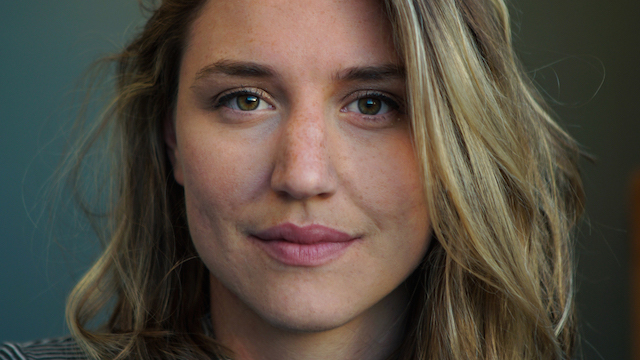Before last summer, I always balked at the seemingly straightforward question, “Do you read a lot of books?”
Do I read books? Sure! Well, I always mean to. I start quite a few, but it’s been a while since I actually finished one. I just get so distracted, you know? I can never sit down for long enough – and consistently enough – to really get into one. I wish I read more. It’s what I should do, right? I’m an educated adult. I want to know more about the world. Heck, I’ve even written a book. Surely I should want to read them. But life is so busy. And reading too often feels like work. I can’t just sit down and enjoy books. I don’t have time. So I rush through them and barely remember them a week after I finish. Maybe I’ll just never be a “reader.” But I’m sure I’ll keep trying.
I condensed that inner monologue into a sheepish but socially acceptable, “Sure … every now and then.”
That changed when I soon had no choice.
Twelve months ago I began an MFA program in narrative nonfiction at the University of Georgia. In two weeks I’ll begin Year Two. And the curriculum requires me to read eight nonfiction books every semester – essentially two a month – in addition to crafting twelve long-form works of my own.
So I read constantly. I knew I would force myself during the semesters. I didn’t know I would feel compelled to keep reading when they ended. I submitted my final assignment for the year at the end of April. I have continued reading two months a book through mid-July. I read while I walk on the treadmill. I read while I relax on the couch. I even read select books aloud to my four-month-old daughter while I feed her. (I read her children’s books too. But when you use one hand to hold a bottle and the other to keep your child’s head in position, you appreciate being able to swipe a Kindle screen rather than hold open a hardcover board book.)
As a human being on this spinning planet, I appreciate the education and perspective I receive from an powerful book. But I also benefit as a journalist. I study how authors structure their stories, use words to convey emotions, and construct a scene without any visual aids. I recently listened to an episode of the Longform podcast where food correspondent Helen Rosner spoke about the difference between an author’s intention and reader’s perception. “It doesn’t matter what you say,” she said. “It only matters what they hear.” As a TV reporter and photojournalist, I must guide my viewer through a few minutes. A nonfiction writer must do so through hundreds of pages.
In the last year I have read writing of high quantity and, for the most part, high quality. I have been exposed to writers with different backgrounds, perspectives, and life experiences. Here were the ten that moved me the most:

